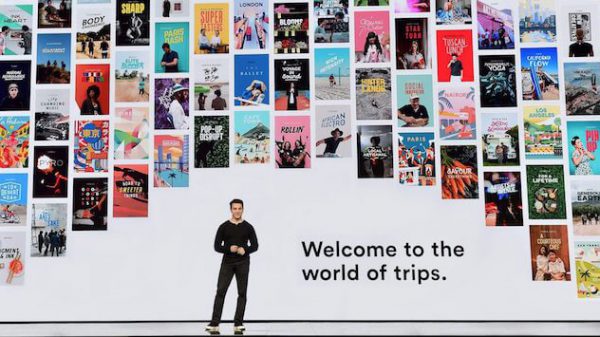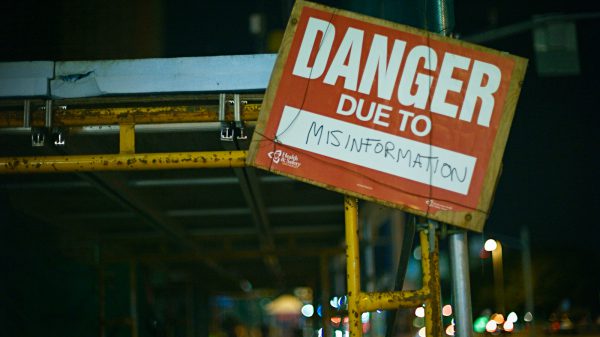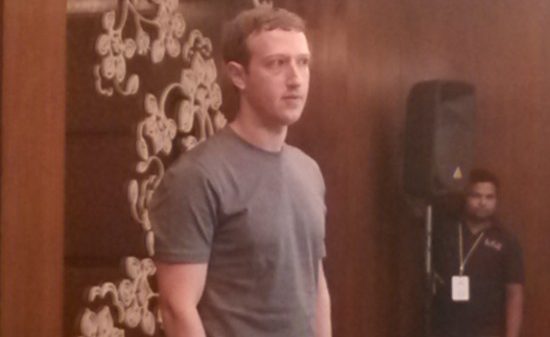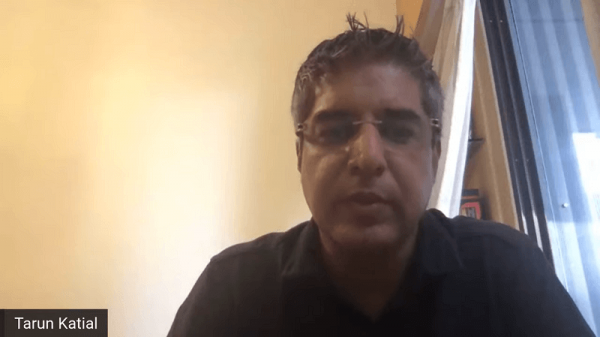It is right for democratically elected governments to want to regulate the tech industry, but the “most effective and intelligent approach” to regulation is one that doesn’t seek to try and micromanage every post and every line of content online, said Nick Clegg, vice-president of Global Affairs and Communications, Facebook. Speaking at Facebook’s Fuel for India event on Tuesday, Clegg said that governments should instead hold companies like Facebook accountable and insist on transparency for systems and policies that they already have in place.
Essentially, Clegg said that Facebook should be allowed to enforce its own community standards, and the government should mandate transparency about its enforcement. In the same vein, the former deputy Prime Minister of the United Kingdom argued that government regulation shouldn’t “hinder the way the international economy now relies on international data flows.”
Facebook is indeed highly dependent on international data flows. It’s data flow between Europe and the United States (its headquarters) has been jeopardized by privacy regulators in the European Union (EU), who have questioned the safety of EU citizens’ data in the United States. Clegg’s request is also in line with the company’s overall opposition to data localisation requirements.
Clegg also elucidated Facebook’s stance on the encryption debate, wherein he indirectly, said that governments shouldn’t ask for breaking encryption and instead should depend on metadata. Speaking specifically about WhatsApp, he said that the application was a private messaging service, and that its customers valued their privacy. “What we say to policymakers in India and elsewhere, is because we can’t see the content that doesn’t mean we cannot use signals that we do pickup, what is called metadata. In other words, the duration of the message, not the actual contents of the message, we can use metadata to pick up signals so that we can go after people on end-to-end encrypted messaging systems,” he said.
Clegg said that WhatsApp was able to remove 2 million accounts a month by the use of metadata. He said that Facebook will “continue to explain to policy makers as best as we can” that users expect the privacy of end-to-end encryption, indicating that Facebook in general is not willing to let go of encryption.
Should India have its own community guidelines?
When asked whether India should have its own community guidelines, Clegg indicated that this wasn’t possible. “The complex thing about all this is that Facebook as a company has been put under tremendous political pressure, whether it’s in India or elsewhere, by people who have different views and often conflicting views about what shouldn’t and shouldn’t be circulating freely on the internet, even though it is legal.”
He claimed that Facebook was transparent in how it acted on content that conflicts with its community standards. “But given that we are a global company, we have to have community standards that we try to apply as evenly as we can around the world and we do so as consistently as we can. It doesn’t mean that there aren’t national legislative requirements and other exceptional requirements and other exceptional requirements that we don’t respond to,” he said.




















